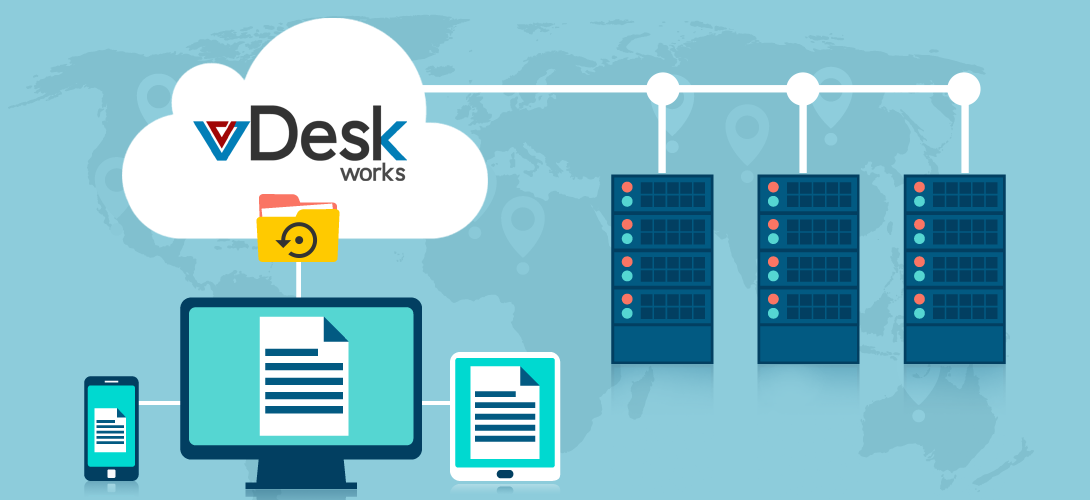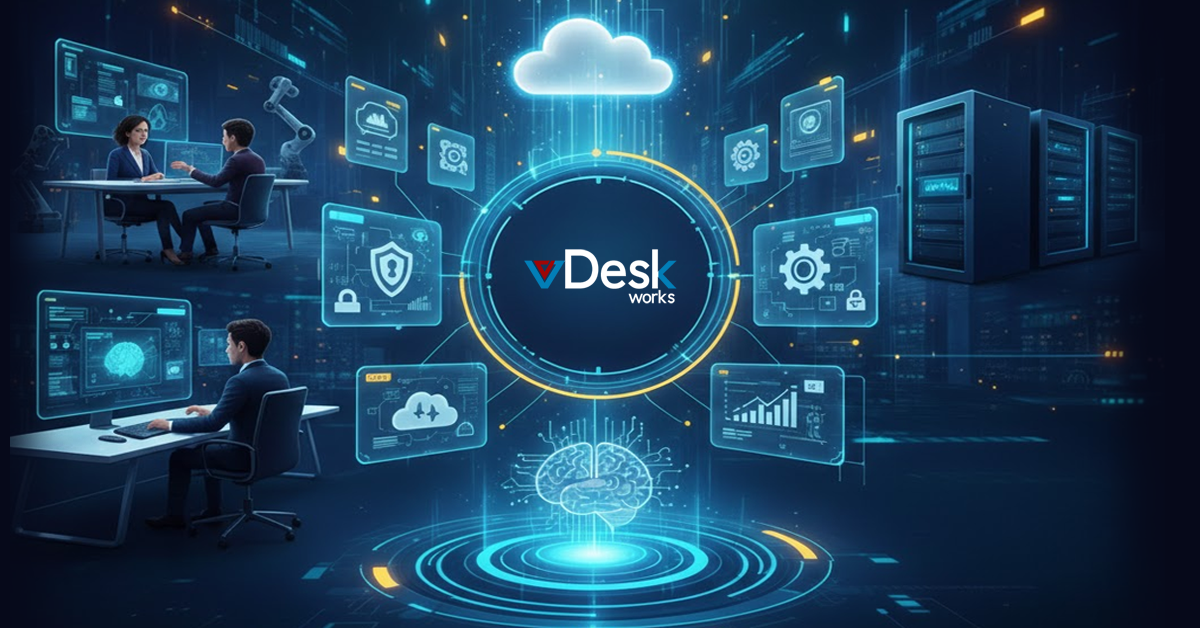What is the cloud?
We can define cloud as a collection of different types of hardware and software that work collectively over the Internet and provide many aspects of computing to the end-user as an online service. In the cloud, users can access files and use applications installed on a cloud computer from any device that can have access to the Internet.
Why we need a cloud?
Two significant cost-saving benefits become the need for adopting the cloud.
- As per the use of Hardware services, end-user can use the cloud service provider's equipment like storage devices, physical or logical hardware, dedicated servers, virtual machines, and networking components instead of spending large amounts of capital on types of equipment.
- As per the use of Software services, end-user can host applications that are managed by the cloud service provider and are made available over a network. Which results in saving the cost of deployment and routine maintenance.
Different types of Clouds?
Cloud Family is divided into three categories.
Public Cloud - Under this type of cloud computing, the whole infrastructure is hosted and gets managed on the premises of a cloud service provider, and subscription is on the bases of pay peruse.
Private Cloud - Under this type of cloud computing, the end-user is allowed to host computing infrastructure by himself, which results in achieve of the highest level of security and control level for end-user.
Hybrid Cloud - This type of cloud computing is a combination of both private and public clouds which depends on the purpose of end-user. Hybrid cloud computing is for hosting of most essential applications under your dedicated servers to keep them more secure. The end-user can allow custom access for other related secondary applications.
Different types of cloud services?
Cloud computing services segregated into four categories also we can call them the cloud computing stack which build upon on top of one another:
Infrastructure as a service (IaaS) - Infrastructure as a service (IaaS) - IaaS is the most basic category of cloud computing services that allows the end-user to rent IT infrastructure. Like servers and virtual machines or a cloud computer from a cloud provider.
Platform as a service (PaaS) - PaaS category allows the end-user to rent or purchase an on-demand environment for the development, testing, delivery & management of software applications. PaaS is designed in a way for the quick creation of web or mobile apps. Without worrying about any requirement of managing the underlying infrastructure of servers, storage, network, and databases which is required for development purposes.
Software as a service (SaaS) - SaaS category allows end-user to get software applications over the Internet as on-demand and on a subscription basis. SaaS provides a facility to end-user to host and manage the software application and underlying infrastructure along with performing maintenance activities like upgrading software and security patches.
Functions as a service (FaaS) - FaaS is the next-level approach to PaaS, which allows end-user a complete insulated stack for their code. In which end-user can upload a block of code and trigger it by using an event on pay as peruse.
Benefits of Clouds?
Cloud reduces Infrastructure cost: Migrating infrastructure to the cloud reduces the cost of managing and maintaining infrastructure. In place of purchasing expensive systems and equipment, end-user reduce their infrastructure costs by using the resources provided by cloud computing service providers. Also, end-user can reduce the cost of operations, like system upgrades and energy consumption costs.
Cloud provides a high level of scalability: End-user can scale up or scale down the operation and storage needs quickly. That suits its business requirements. It allows flexibility to end-user, which meets clouds' current requirements. In place of purchasing and installing expensive upgrades for the running Infrastructure, Cloud service providers can handle this for end-user.
Cloud helps in business continuity planning: Protecting end-user data and systems is an essential part of business continuity planning. In the situation of natural disaster, power failure or other crisis, by storing data in the cloud ensures it is backed up and protected in a secure and safe location. The Facility of access to stored data of end-user from anywhere again quickly allows people to conduct business as usual with minimum downtime and loss of productivity.
Cloud provides collaborative efficiency: Cloud provides an efficient collaborative model that gives end-user the ability to communicate and share data more efficiently and securely.
Flexibility of work practices: Cloud computing allows end-user to be more flexible with their work practice. It becomes possible to secure accessibility data from anywhere in the world with the availability of the Internet.
Access to automatic updates: Most of the cloud computing service providers regular update end-user infrastructure with the latest technology. That includes up-to-date versions of software also provides a facility of pay per use subscription for updates that depends on both cloud computing provider and end-user.


 Emma Carson
Emma Carson
















